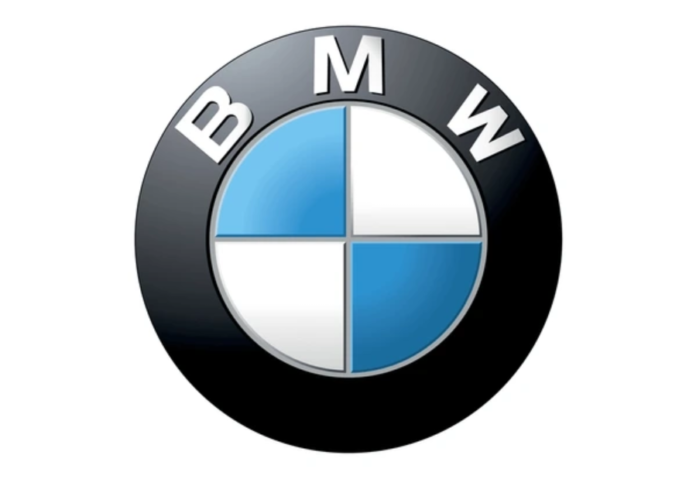BMW stated that it will invest 650 million euros ($711 million) to transform its main plant in Munich to exclusively construct EVs by the end of 2027.
BMW is investing 650 million euros ($711 million) to convert its main plant in Munich to exclusively build EVs by the end of 2027, the automaker announced on Wednesday, a significant step toward the electric future.
It is constructing four facilities, including a new vehicle assembly line and body shop, and has relocated traditional engine manufacture to the United Kingdom and Austria, with 1,200 personnel retrained or relocated.
Unlike other automakers, BMW has not established its own target for the end of combustion engine production but is confronted with European Union legislation that effectively prohibits the sale of new petrol and diesel automobiles in the EU beginning in 2035.
In 2023, all-electric vehicles accounted for 15% of the Munich-based automaker’s sales, a figure that is expected to climb to one-third by 2026.
Automobile manufacturers ranging from Mercedes-Benz to Volkswagen have recently warned that EV sales are not progressing as quickly as predicted, with economic pressures weighing on consumers just as supply chain bottlenecks that had slowed production began to loosen.
Last September, BMW unveiled its ‘Neue Klasse’ preview at the IAA car show, representing a multibillion-euro push by BMW to close the technology gap with competitors such as Tesla and other EV companies.
The automobile, which is around the size of the carmaker’s current best-selling 3-series model line, will be constructed at the Munich factory alongside combustion engine vehicles beginning in 2026.
It will also be manufactured in BMW’s new plant in Debrecen, Hungary, as well as in Shenyang, China, and San Luis Potosi, Mexico.
BMW is investing 650 million euros ($711 million) to convert its main plant in Munich to exclusively build EVs by the end of 2027, the automaker announced on Wednesday, a significant step toward the electric future.
It is constructing four facilities, including a new vehicle assembly line and body shop, and has relocated traditional engine manufacture to the United Kingdom and Austria, with 1,200 personnel retrained or relocated.
Unlike other automakers, BMW has not established its own target for the end of combustion engine production but is confronted with European Union legislation that effectively prohibits the sale of new petrol and diesel automobiles in the EU beginning in 2035.
In 2023, all-electric vehicles accounted for 15% of the Munich-based automaker’s sales, a figure that is expected to climb to one-third by 2026.
Automobile manufacturers ranging from Mercedes-Benz to Volkswagen have recently warned that EV sales are not progressing as quickly as predicted, with economic pressures weighing on consumers just as supply chain bottlenecks that had slowed production began to loosen.
Last September, BMW unveiled its ‘Neue Klasse’ preview at the IAA car show, representing a multibillion-euro push by BMW to close the technology gap with competitors such as Tesla and other EV companies.
The automobile, which is around the size of the carmaker’s current best-selling 3-series model line, will be constructed at the Munich factory alongside combustion engine vehicles beginning in 2026.
It will also be manufactured in BMW’s new plant in Debrecen, Hungary, as well as in Shenyang, China, and San Luis Potosi, Mexico.
Also read: Cloud Security: A Comprehensive Study of Risks, Challenges and Emerging Trends
Do Follow: CIO News LinkedIn Account | CIO News Facebook | CIO News Youtube | CIO News Twitter
About us:
CIO News, a proprietary of Mercadeo, produces award-winning content and resources for IT leaders across any industry through print articles and recorded video interviews on topics in the technology sector such as Digital Transformation, Artificial Intelligence (AI), Machine Learning (ML), Cloud, Robotics, Cyber-security, Data, Analytics, SOC, SASE, among other technology topics.






